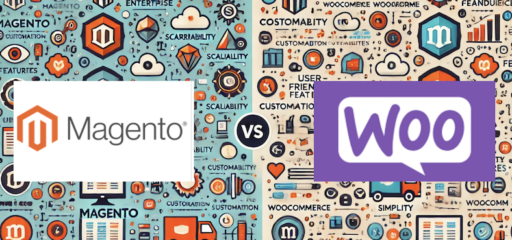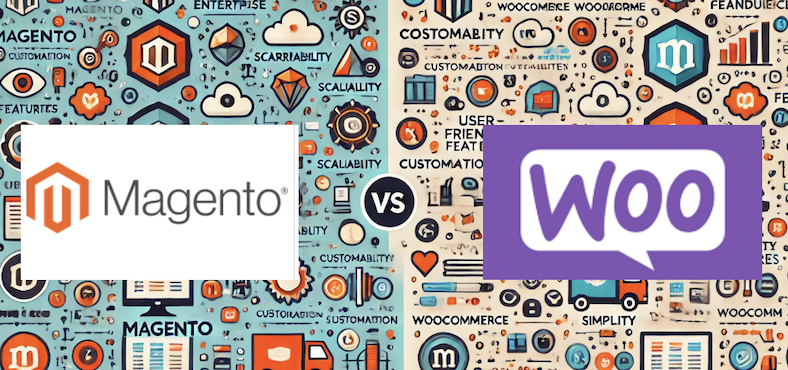Magento and WooCommerce are two of the most widely used platforms for building online stores. Each has its strengths, and the right choice depends on your business’s needs. Here’s a detailed look at how Magento vs. WooCommerce stack up against each other.
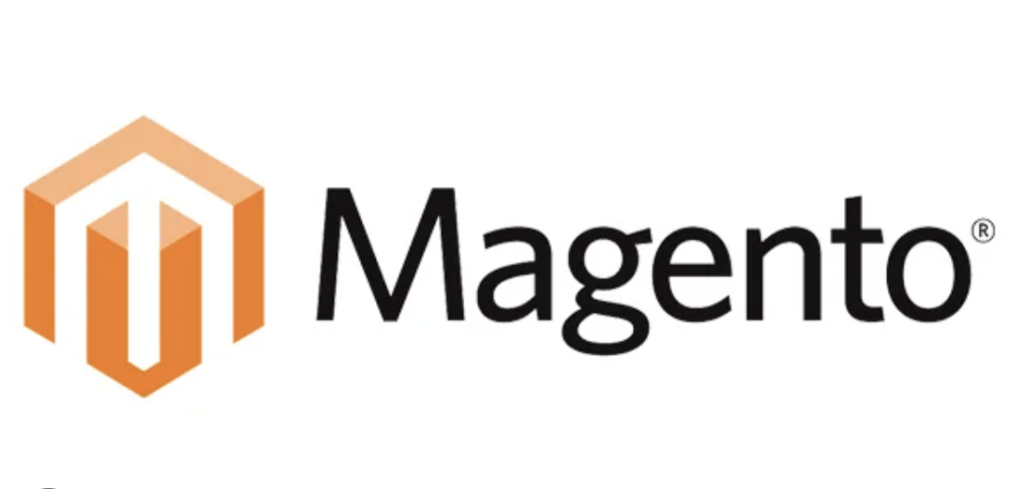
Magento
Pros:
- Scalability: Magento is built to manage large online stores with extensive product catalogs and high traffic. It’s perfect for businesses looking to grow.
- Customization: Offers nearly unlimited customization options, making it possible to design a unique and tailored store.
- Robust Features: Magento comes equipped with advanced features like SEO tools, multi-store capabilities, and marketing tools right out of the box.
- Security: Known for its strong focus on security, Magento offers tools to safeguard both your store and customer data.
Cons:
- Complexity: Magento can be difficult to learn and is best suited for those with development experience.
- Cost: The platform can be costly, especially for small businesses. From setup to maintenance, expenses can add up quickly.
- Maintenance: Regular updates and maintenance are necessary to keep everything running smoothly and securely.
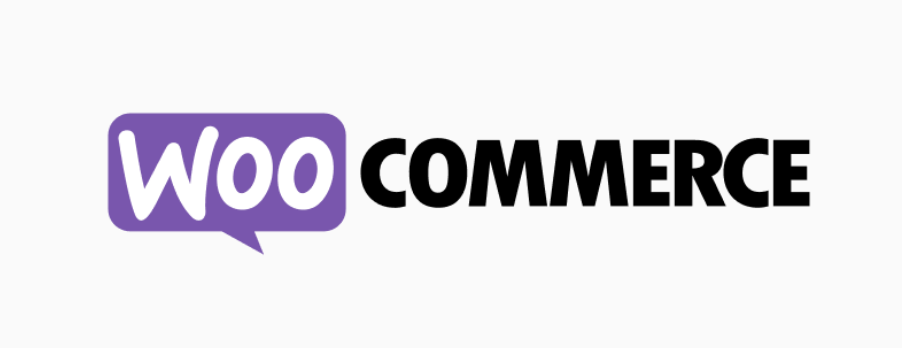
WooCommerce
Pros:
- User-Friendliness: Built for ease of use, especially if you’re already familiar with WordPress. It’s a great option for beginners.
- Cost-Effective: The core plugin is free, making WooCommerce an affordable option for small businesses or startups. Additionally, WooCommerce Hosting is affordable for small businesses.
- Flexibility: There’s an extensive library of plugins and themes, allowing for easy customization and additional functionality.
- SEO-Friendly: WooCommerce benefits from WordPress’s SEO-friendly structure, giving you an advantage in search rankings.
Cons:
- Limited Scalability: While it can handle moderate traffic and product catalogs, WooCommerce may struggle with large-scale businesses.
- Tied to WordPress: WooCommerce is a WordPress plugin, meaning you need a WordPress site to run it.
- Performance Issues: Using too many plugins can slow down your site’s performance.

Key Differences
| Feature | Magento | WooCommerce |
| Scalability | Excellent | Good |
| Customization | Extensive | Good |
| Features | Advanced | Good |
| Security | Strong | Good |
| Ease of Use | Complex | User-friendly |
| Cost | Higher | Lower |
| Maintenance | Resource-intensive | Moderate |
Choosing the Right Platform: Magento vs. WooCommerce
When deciding between Magento and WooCommerce for your eCommerce platform, several important factors can help you make the right choice.
Business Size
Magento is tailored for large enterprises that need to manage extensive product catalogs and high traffic. In contrast, WooCommerce is a great fit for small to medium-sized businesses that prioritize simplicity and affordability.
Product Catalog Complexity
If your business has a complex product catalog with many variations, Magento’s robust system is better equipped to handle it. WooCommerce can manage more straightforward inventories but may not perform as well with intricate setups.
Technical Expertise
When it comes to technical expertise, Magento offers greater control and customization but requires advanced technical skills or a dedicated development team. For those without this expertise, WooCommerce’s user-friendly interface, especially for those familiar with WordPress, makes it an easier choice to navigate.
Budget Considerations
Budget is another key consideration. WooCommerce is a more budget-conscious option, particularly with its free core plugin, making it an excellent choice for startups or smaller businesses. Magento, while powerful, comes with higher costs for both setup and ongoing maintenance.
Future Growth Potential
Lastly, consider your future growth. If you anticipate rapid expansion, Magento’s scalability might be a significant advantage, ensuring the platform can grow alongside your business. WooCommerce is well-suited for moderate growth but may require additional effort to scale for larger operations
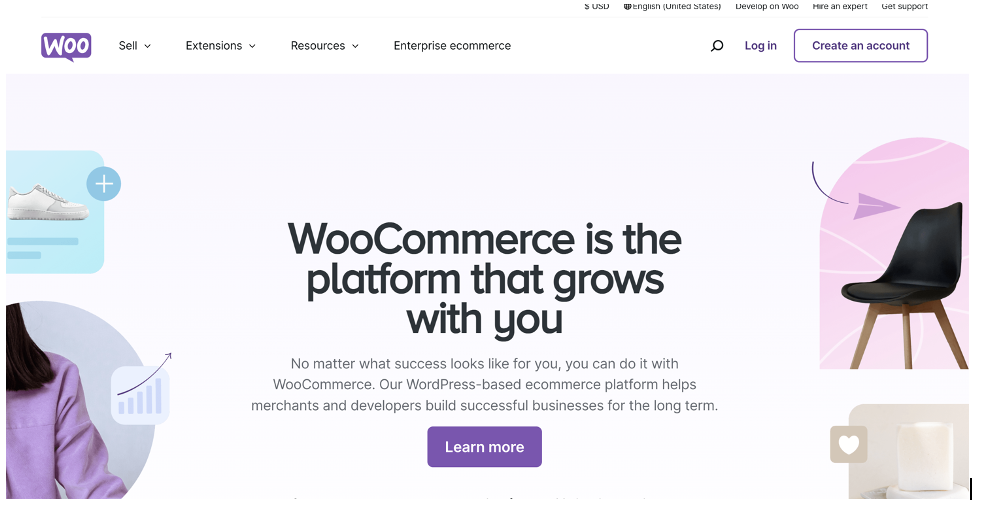
The Verdict: Magento vs. WooCommerce
Ultimately, both Magento and WooCommerce are powerful platforms, but your choice should align with your specific business needs. Magento is the go-to solution for large-scale operations with complex catalogs and high traffic, where scalability and advanced features are critical. WooCommerce, however, shines for smaller to medium-sized businesses looking for affordability, ease of use, and flexibility. Carefully consider your business size, technical abilities, budget, and future growth plans to make the best decision for your eCommerce store.
FAQ:
WooCommerce is better for small to medium-sized businesses due to its affordability and ease of use, especially for WordPress users. However, Magento excels in handling large, complex stores with extensive catalogs and higher traffic, making it ideal for larger enterprises.
WordPress, with WooCommerce as its eCommerce plugin, is better suited for businesses looking for a simple, user-friendly solution. Magento, on the other hand, offers more robust features and scalability, which makes it a better option for larger businesses requiring advanced customization and performance.
Magento is one of the best eCommerce platforms for large businesses with complex needs. Its advanced features, scalability, and flexibility make it an excellent choice for enterprises. However, smaller businesses may find platforms like WooCommerce or Shopify more suited to their needs due to lower costs and easier management.


